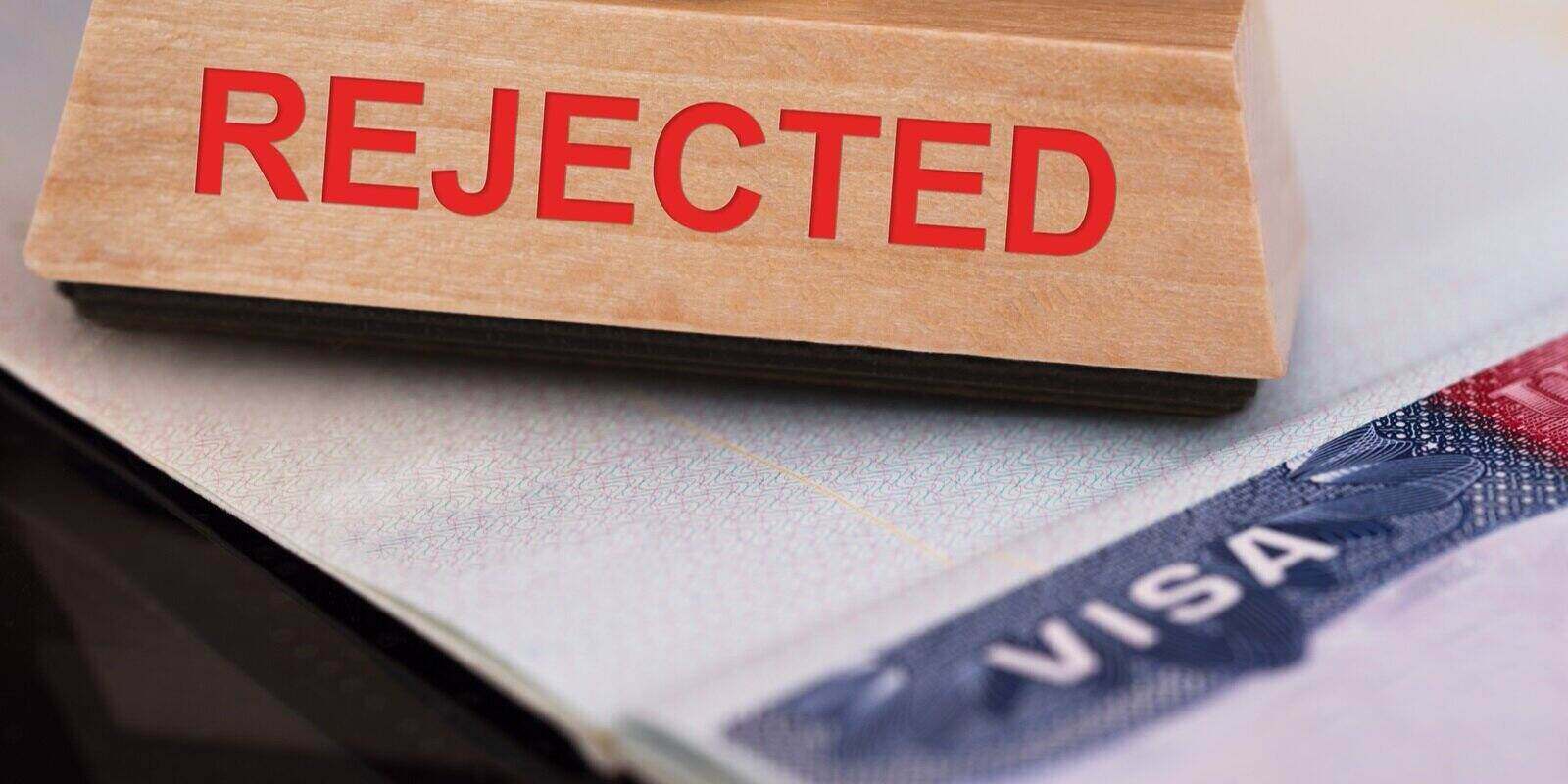All is not conquered by love. The proof is in the Department of State’s refusal data for fiancé(e)s. According to those figures, roughly 20,000 K-1 fiancés each year are denied visas during their embassy interviews This represents roughly 40% of all K-1 visa applications. While many applicants can overcome an initial visa denial, others may not be so fortunate.
Denials Of K-1 visas Are Common For A Variety Of Reasons
What’s even more tragic is that with proper planning, most of these denials are avoidable. 221(g) denials – denials that are based on the finances of the US citizen petitioner – are often overturned, but it’s more challenging to overturn a denial based on the legitimacy of the fiancé’s romantic connection.
Suspicions About A Relationship
 After 25 years of handling fiancé visa issues, it’s worth mentioning that once the consul feels that something about the relationship is disingenuous, it becomes more difficult to convince them to look beyond that suspicion. In K-1 visa cases, the consul’s main question is simple: is this a true relationship?
After 25 years of handling fiancé visa issues, it’s worth mentioning that once the consul feels that something about the relationship is disingenuous, it becomes more difficult to convince them to look beyond that suspicion. In K-1 visa cases, the consul’s main question is simple: is this a true relationship?
Do they intend to marry and live together as spouses? As one might expect, these permits are sometimes plagued by fraud. It is unsurprising, then, that consuls are on the lookout for sham partnerships. Visa denials may be influenced by several factors, including:
- A lack of documented evidence proving the veracity of the relationship.
- Interview question failures, such as failure by one fiancé to give accurate answers to certain questions about the other fiancé. More often than not, this is the consequence of the fiancé’s lack of interview preparation.
- An inability to communicate with one another in a common or shared language.
- There is no shared history or interests — for example, hobbies, religion, culture, or education.
- Only a brief period of courtship before filing the K-1 petition (for example, spur-of-the-moment proposals following a first visit).
- A male US citizen petitioner who is significantly older than his fiancé (>10–15 years), or a woman from the United States who is at least 3–4 years older than her fiancé.
- Social media or public information disparities (e.g. recent images of the fiancé on vacation with another romantic partner) cast doubt on the relationship’s legitimacy.
- After submitting the K-1 petition, a US citizen fails to visit or spend time with their fiancé. A consul may interpret this as a non-commitment.
- A breakdown in communication between the parties, after they have already filed the petition.
- A patronizing consul who wishes to “protect” the K-1 visa applicant from a US citizen with a criminal history or a repeat fiancé visa petitioner.
- A fiancé with a questionable visa history or background.
- A third party arranged the introduction or first meeting of the two fiancés.
- The US citizen is a friend of the fiancé’s family (with the presumption that the citizen did a “favor” for the family, or got money from them to bring the fiancé to the US on a K-1 visa).
What Can Be Done To Avoid K-1 Refusals Or Challenge Them?
Genuine intentions do not guarantee that your fiancé will be granted a visa. Indeed, a lack of planning and research from the start of the procedure could result in your fiancé not receiving the visa — or, at the absolute least, a postponement of weeks or months following the initial interview that could have been prevented.
Preventing The Preparation Of Denial Evidence
The formula for avoiding a K-1 denial is simple: the more time the parties devote to each other and their families; the more they interact with each other; the more they understand each other; the more indicators of a real relationship there are (e.g. sending flowers on birthdays); and the more proof that is collected and forwarded, the greater the chance of success.
The interview is the most important and nerve-wracking phase of the application process. To prep for the examination, the fiancés should familiarize themselves with the materials submitted and conduct a practice interview so that they feel at ease and know what to expect. The inability to respond to questions about a US citizen, of course, reflects adversely on the visa applicant.
The parties’ commitment to one other matters. The US citizen may be unable to pay or take leave from work to visit their fiancé – or to undergo the visa interview – due to time or financial constraints. If your fiancé has previously received a US visa, you must examine or recreate the visa application with as much care as possible.
How Can Pride Immigration Help?
We can either represent the US citizen throughout the procedure or provide consultations. We can look through the fiancé’s visa history and conduct a mock interview. A third-party opinion can alleviate worry and rectify any application inadequacies. You only get one chance to make a first impression, so it’s worth it to first speak with an immigration attorney.
A US citizen needs to take action as soon as they learn that their petition has been referred back to them. One could contest the consul’s decision by submitting additional evidence or explanations, filing a new fiancé petition, or marrying one’s fiancé and filing a new immigration petition.
Consult legal counsel before taking any action. One consul has the power to turn your life and the life of your fiancé inside out. Please contact Pride Immigration today, regardless of where you are in the process so that we can provide critical assistance and help you avoid unnecessary visa delays.
Beeraj Patel, Esq.
Latest posts by Beeraj Patel, Esq. (see all)
- How Immigration Attorneys Fight for Your Rights - July 15, 2024
- Why Green Cards Expire and How to Renew Them - July 1, 2024
- How PERM Labor Certification Opens Doors to Permanent Residency - June 24, 2024
